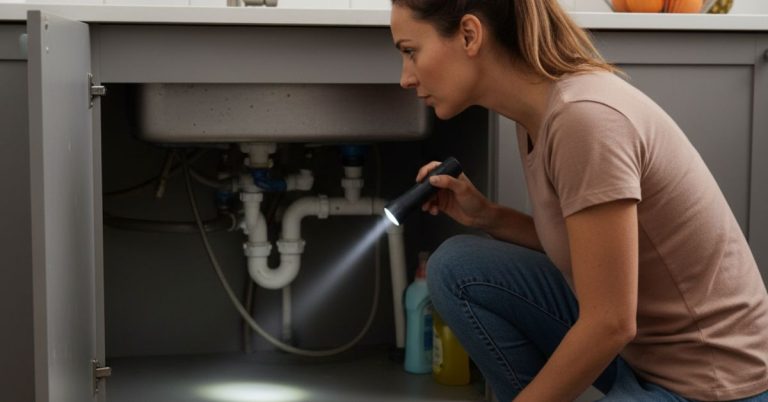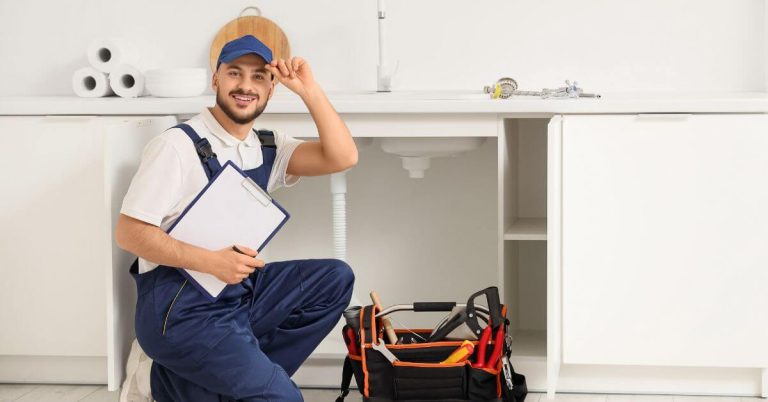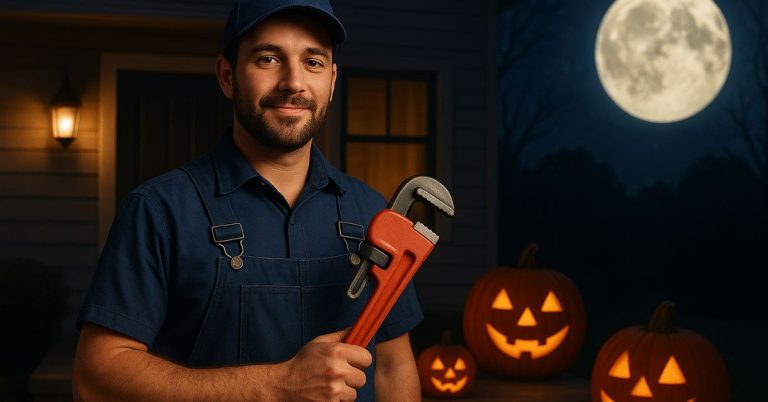Water pressure issues are common among homeowners, and one of the most frequent culprits behind reduced water pressure is hidden leaks within the plumbing system. Understanding the connection between water leaks and low water pressure is crucial for maintaining a fully functional plumbing network and ensuring optimal comfort within your home. In this comprehensive guide, we explore how water leaks can cause low pressure at home, the signs to watch for, and effective solutions to address the problem.
Table of Contents
What Causes Low Water Pressure in Homes?
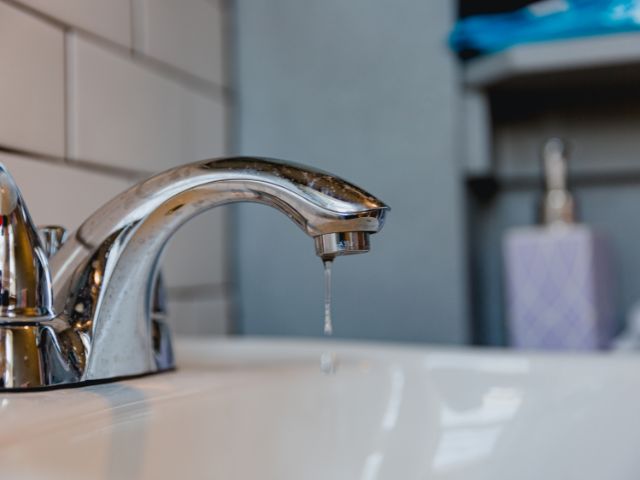
Low water pressure can result from various issues within your plumbing system. Identifying the cause requires a careful inspection of all potential factors. The most common reasons include:
- Water Leaks: Hidden leaks within pipes or fixtures can drastically reduce water pressure. As water escapes from the system, the overall flow rate decreases, leading to unsatisfactory performance in showers, faucets, and appliances.
- Pipe Corrosion: Over time, pipes made from certain materials can corrode, narrowing the passage through which water flows and consequently reducing pressure.
- Clogged Pipes: Mineral buildup or debris accumulation can restrict water flow, contributing to pressure loss.
- Faulty Pressure Regulators: If the pressure regulator is malfunctioning, it can cause inconsistent water pressure throughout your home.
- Municipal Water Supply Issues: Sometimes, the problem originates outside your property, with the local water supply experiencing pressure drops due to maintenance or other factors.
Understanding the root cause is essential for implementing the correct solution. However, water leaks remain one of the primary suspects when it comes to diminished water pressure.
How Water Leaks Lead to Low Pressure
Leaks, whether minor or substantial, can have a considerable impact on your water pressure. The severity of the pressure drop largely depends on the size and location of the leak. Here’s how leaks contribute to low pressure:
- Reduced Water Volume: As water leaks from your pipes, the total volume available for distribution decreases. This results in weaker water flow when turning on faucets or using appliances.
- Loss of Pressure Due to Damage: Damaged pipes, particularly those with cracks or holes, allow water to escape, undermining the system’s capacity to maintain consistent pressure.
- Increased Demand for Water Supply: When leaks occur, the plumbing system has to work harder to supply water where it’s needed, often leading to lower pressure at fixtures farther from the source.
Pressure Imbalance: Leaks can create imbalances in the pressure distribution throughout your plumbing network, affecting the performance of multiple outlets simultaneously.
Signs That Water Leaks Are Causing Low Pressure
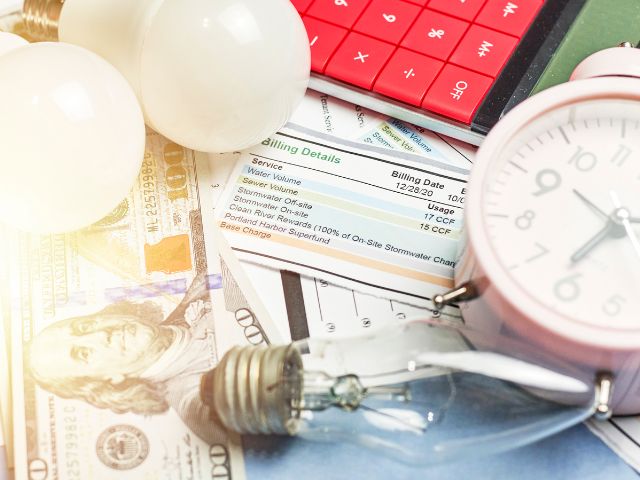
Identifying leaks that result in low water pressure can be challenging, especially when leaks are hidden within walls or underground. However, there are several warning signs to watch for:
- Unexpected Water Bills: An unexplained increase in your water bill may indicate a hidden leak.
- Damp Spots and Water Stains: Moist or discolored areas on walls, ceilings, or floors often suggest a leaking pipe.
- Sound of Running Water: Hearing water running when all taps are turned off is a strong indication of a leak.
- Mold or Mildew Growth: Persistent moisture from leaks can lead to mold and mildew, compromising indoor air quality.
Consistently Low Pressure: If pressure issues persist even after checking for clogs or regulator problems, leaks may be to blame.
How to Detect Water Leaks Causing Low Pressure
Effective leak detection is essential for restoring proper water pressure in your home. Consider the following methods:
- Visual Inspection: Check exposed pipes, fixtures, and appliances for signs of moisture or water damage.
- Water Meter Test: Shut off all water sources and monitor the water meter for changes. If it continues to run, a leak is likely present.
- Professional Leak Detection Services: Hiring professionals equipped with advanced detection tools can help identify hidden leaks within walls, slabs, or underground pipes.
Pressure Testing: A plumber can conduct a pressure test to determine if leaks are causing your low water pressure issues.
Addressing Low Water Pressure Caused by Leaks
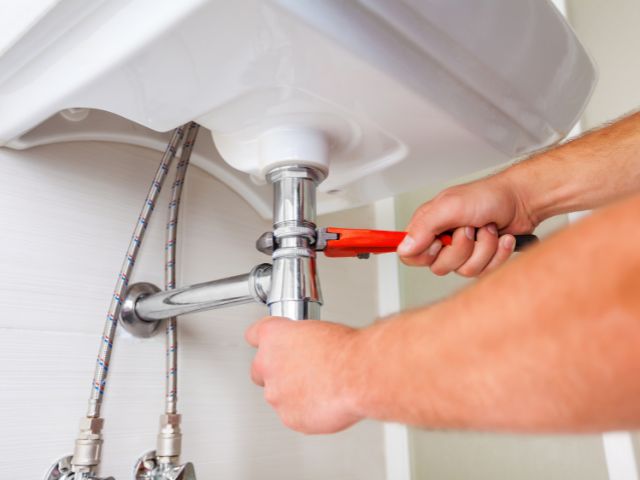
Once leaks are identified, addressing them promptly is crucial to restore optimal water pressure. The following solutions are commonly employed:
- Pipe Repair or Replacement: For corroded or damaged pipes, repairing or replacing the affected sections will effectively restore water pressure.
- Sealing Minor Leaks: Minor leaks can often be fixed using sealants or patching materials, but professional repair is recommended for lasting results.
- Replacing Faulty Fixtures: If fixtures are the cause of the leak, replacing them with newer, high-quality models can resolve pressure issues.
- Upgrading Pressure Regulators: Installing or repairing pressure regulators can balance the overall system and improve water flow.
Regular Maintenance: Routine plumbing inspections help detect leaks early before they lead to significant pressure loss or damage.
Get your water heater repaired or replaced the same day
Preventing Low Water Pressure Due to Leaks
Preventing leaks is the most effective way to maintain consistent water pressure. Here are some proactive steps:
- Regular Inspections: Schedule periodic inspections of your plumbing system to catch leaks early.
- Pipe Insulation: Insulate exposed pipes to prevent freezing and cracking, particularly in colder climates.
- Water Pressure Monitoring: Install a pressure gauge to monitor fluctuations and detect leaks before they cause noticeable pressure loss.
Professional Maintenance: Enlist the help of plumbing experts to ensure your system remains in top condition.
Preventing Low Water Pressure Due to Leaks
Dumping grease, oil, and fats down the drain can cause serious problems in your plumbing system. These substances harden as they cool, creating blockages in your pipes. Instead, dispose of grease in a container and throw it away with your regular trash.
When to Call a Professional
Hidden water leaks can significantly reduce your home’s water pressure, leading to weak flow from faucets and appliances. As water escapes through cracks or damaged pipes, the available volume for distribution decreases, causing an imbalance in pressure throughout your plumbing system. If you notice consistently low pressure, unexplained high water bills, or damp spots on walls and ceilings, leaks may be the culprit. Detecting leaks early with visual inspections, water meter tests, or professional services can help prevent further damage and restore proper water flow.
For effective leak detection and repair, it’s best to contact a reliable plumbing service near me. 5 Star Best Plumbing offers expert solutions to locate and fix hidden leaks, ensuring your home’s plumbing system functions efficiently. Our professional team can repair or replace damaged pipes, upgrade pressure regulators, and provide routine maintenance to prevent future leaks. Don’t let low water pressure disrupt your daily routine—contact us for top-quality plumbing service today!
FAQs
How do I know if a hidden leak is causing low water pressure?
Look for signs like unexplained high water bills, damp spots, or the sound of running water when all taps are off. A water meter test can also confirm if a leak exists.
Can a small leak significantly impact water pressure?
Yes, even a minor leak can disrupt pressure balance and reduce overall water flow, especially if it’s in a main supply line.
What should I do first if I notice low water pressure?
Check for clogged pipes, malfunctioning pressure regulators, or municipal supply issues before inspecting for leaks.
Will fixing leaks always restore water pressure?
In most cases, repairing leaks improves pressure, but other issues like pipe corrosion or faulty regulators may also need attention.
How can I prevent leaks that lead to low water pressure?
Schedule routine plumbing inspections, insulate pipes, and monitor water pressure regularly to detect leaks early.



